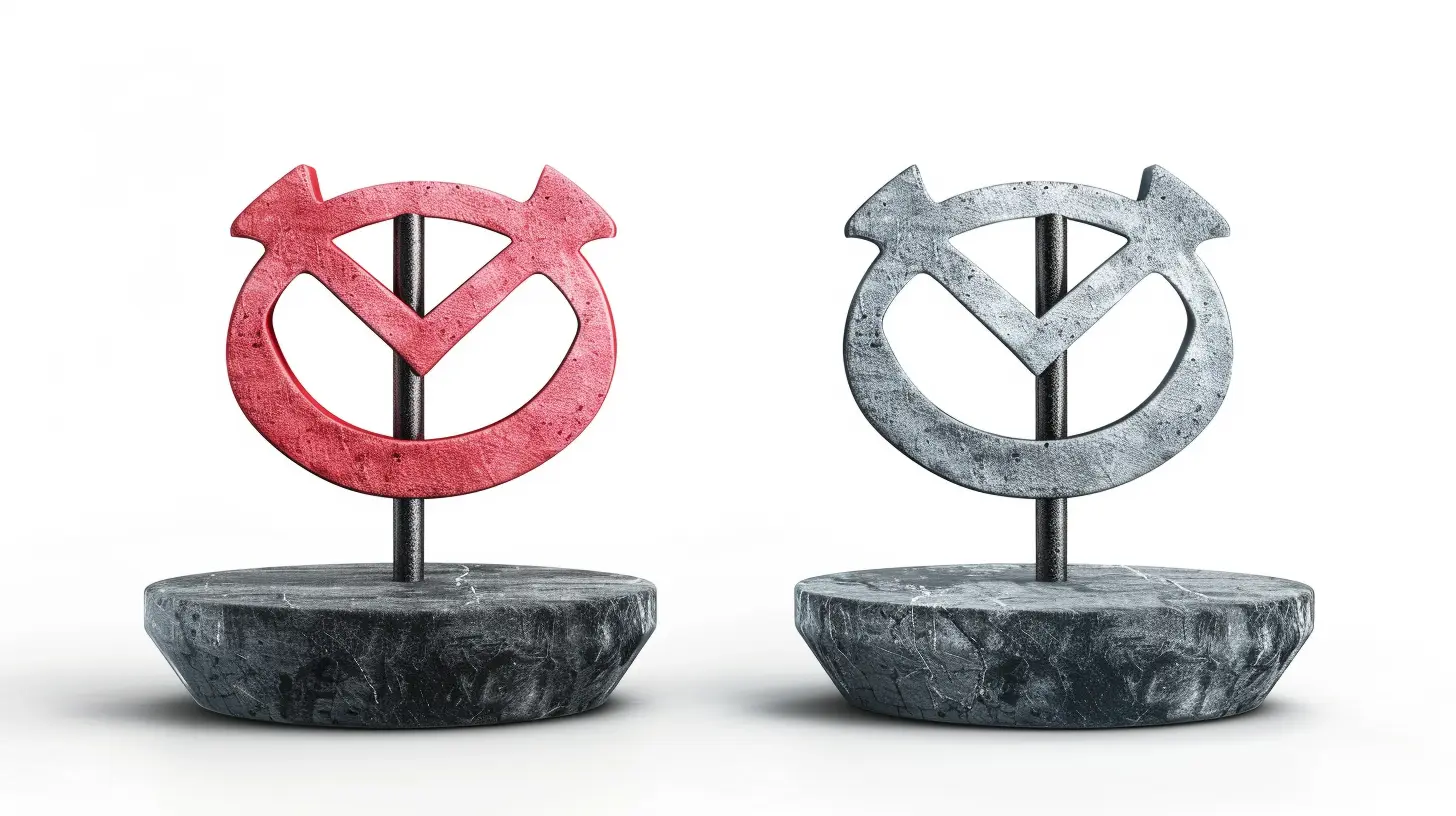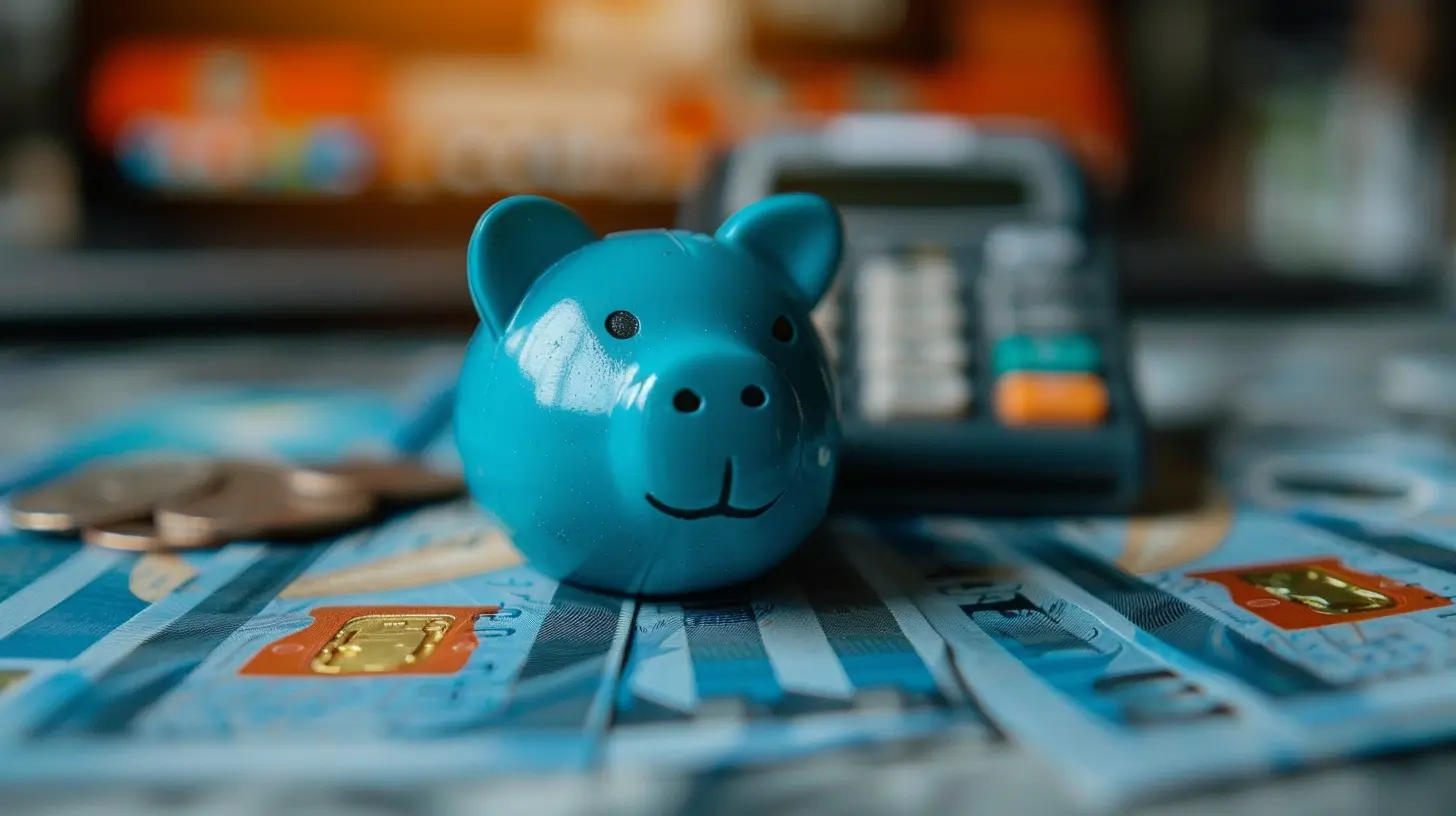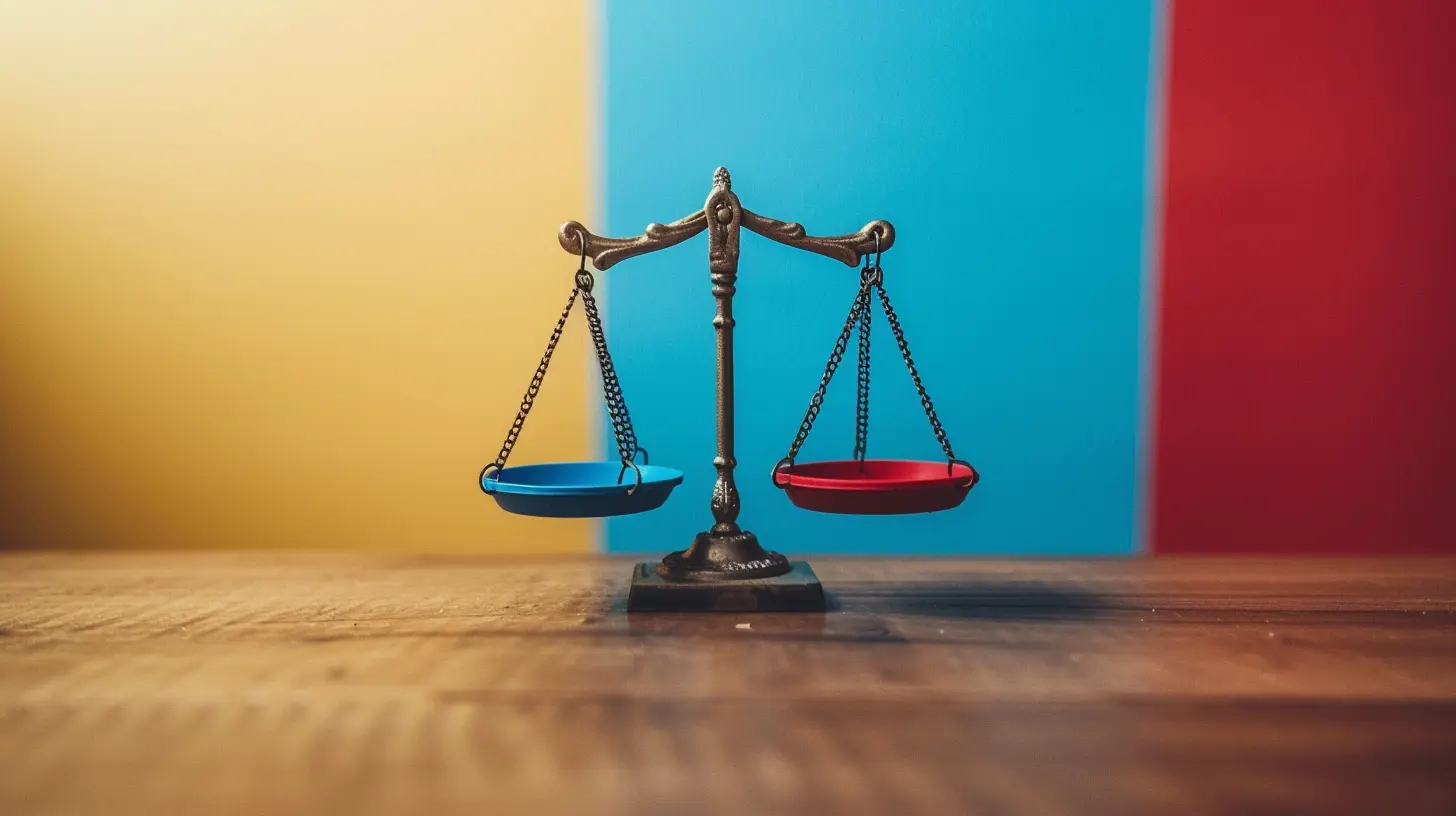The Importance of having No Credit vs. Bad Credit
3 October 2025
Let’s be real — credit scores can feel like that one mysterious class in school you somehow never got the manual for. One minute you’re just trying to pay for your Netflix and next thing you know, you’re Googling “why is my credit score tanking?” or “can I buy a car with no credit?”
So today, we’re diving deep into a topic a lot of people don’t really talk about (at least not enough): The Importance of Having No Credit vs. Bad Credit. Whether you’re just starting out or trying to bounce back from financial hiccups, understanding the difference can be a total game-changer.

What Is Credit, Really?
Before we start pitting "no credit" against "bad credit," let’s make sure we’re all on the same page.Credit is basically your financial reputation. It tells lenders how trustworthy you are when it comes to borrowing money and paying it back. It's like a financial trust score. Think of it as Yelp, but instead of restaurant reviews, it's your money habits being rated.
The better your credit, the easier it is to get approved for loans, credit cards, apartments, and even jobs in some cases. Your credit score is usually calculated by three big reporting agencies: Experian, TransUnion, and Equifax.

No Credit vs. Bad Credit: What’s the Difference?
Alright, so here’s where things get interesting.What Does "No Credit" Mean?
Having no credit means you don’t have a credit history. Maybe you’ve never had a credit card, never taken out a loan, or just haven’t used any financial products that report to credit bureaus.It’s like being a ghost in the financial world. You just don’t exist in the system yet.
What Does "Bad Credit" Mean?
Bad credit? That’s a whole different story. Bad credit means you've had credit accounts, but you didn’t manage them well. Maybe you missed payments, defaulted on loans, maxed out your credit cards, or even went through bankruptcy.In short, you do exist in the system — and lenders don’t like what they see.

The Pros and Cons: No Credit vs. Bad Credit
Let’s break it down. What does each situation bring to the table?No Credit
Pros:- You’re a blank slate — lenders can’t judge you for past mistakes.
- Easier to build a strong score from scratch.
- No negative marks dragging you down.
Cons:
- Lenders have no data to work with, so you’re still a risky bet.
- Harder to get approved for traditional credit products.
- May need to start with secured cards or co-signers.
Bad Credit
Pros:- At least there’s history — some lenders like that.
- You can sometimes rebuild credit faster since you're working with an existing file.
- Subprime lenders may still work with you (though at a cost).
Cons:
- You have red flags and lenders notice.
- Higher interest rates — yup, you’ll pay more.
- May get rejected for loans, mortgages, or even job offers.
- Takes longer to recover and heal your credit report.

Why No Credit Is Better Than Bad Credit (Most of the Time)
Imagine two people walk into a bank. One has no financial record. The other? A trail of missed payments and high debt. Who do you think the bank is going to have more confidence in?If you guessed the person with no credit, you’re mostly right. Lenders prefer uncertainty over a proven bad track record.
Think of it like dating — would you rather date someone mysterious or someone known for being a walking disaster in past relationships?
Lenders think the same way.
The Long-Term Impact: Jobs, Renting, and Insurance
Here's the kicker — bad credit isn’t just about borrowing money. It can creep into your everyday life in ways you might not expect.Employment
Yep, some employers check your credit. Especially if you're going for a job that involves handling money or sensitive info.No credit? You might raise a brow or two.
Bad credit? You might wave goodbye to the opportunity entirely.
Apartment Hunting
Landlords often pull credit reports. A clean slate (no credit) can still get you a lease with a higher deposit. But bad credit? That can straight-up get you denied or force you to find a co-signer.Insurance Rates
Believe it or not, some car insurance companies use something called a "credit-based insurance score." Bad credit can mean higher premiums. No credit might, too — but not always to the same extent.
How to Climb Out of Either Hole
Whether you’ve got no credit or bad credit, don’t worry — you’re not stuck. Here’s how you can take control.If You Have No Credit:
Start Building Gently:- Apply for a secured credit card.
- Become an authorized user on a friend or family member’s credit card.
- Try a "credit builder" loan from a local credit union.
- Pay all bills on time — some accounts now report rent and utilities.
Use Credit Responsibly:
- Keep your credit utilization low.
- Pay the entire balance — don’t carry debt if you don’t have to.
- Don’t open too many accounts at once.
If You Have Bad Credit:
Evaluate and Repair:- Get your free credit report and dispute any inaccuracies.
- Pay down high balances.
- Set up automatic payments to avoid future late fees.
Rebuild Smart:
- Consider a secured credit card or credit builder loan.
- Use financial tools like Experian Boost to add utility payments to your report.
- Don’t close old accounts — age of credit history helps your score.
Be Patient But Consistent:
Improving credit doesn't happen overnight. But if you’re consistent, you’ll start seeing that score creep up.
How Lenders View You: A Peek Behind the Curtain
Here’s an insider tip — lenders don’t just look at your score. They also check your “credit profile.” That includes:- Type of credit you’ve used
- Credit mix (credit cards, loans, retail accounts)
- Payment history
- Debt-to-income ratios
If you have no credit at all, you’re like a mystery novel with no pages. If you have bad credit, you’re a thriller with some serious plot twists — and not the good kind.
Most lenders would rather roll the dice with a mystery than with a tragedy.
Real Talk: Don’t Confuse Credit Score With Self-Worth
Before we wrap this up, hear me out: your credit score is just a number. It’s not a reflection of your intelligence, your character, or your value as a human being.We all make money mistakes. What matters is what you do next. Whether you’re starting your credit journey or trying to fix some bruises, the important thing is that you're here, learning, and taking action.
Quick Comparison Table
| Feature | No Credit | Bad Credit ||------------------------|------------------------|------------------------|
| Lender Perception | Blank slate | Known risk |
| Loan Approval Odds | Low to moderate | Low |
| Interest Rates | Moderate | High |
| Job/Rental Impact | Slightly negative | Possibly very negative |
| Recovery Time | 6-12 months | 12-36 months |
| Strategy | Build new credit | Rebuild & repair |
Final Thoughts
If you had to choose between having no credit or bad credit, no credit wins almost every time. While neither is ideal, no credit gives you a foundation to build on — without the baggage of past mistakes.So whether you're just starting to dip your toes into the credit world or trying to bounce back from bygone blunders, the path forward is possible.
Start small. Stay steady. And soon enough, you’ll be calling the credit shots.
all images in this post were generated using AI tools
Category:
Credit ScoreAuthor:

Zavier Larsen
Discussion
rate this article
1 comments
Zailyn McClary
Navigating the spectrum between no credit and bad credit reveals the nuanced relationship we have with financial responsibility and future opportunities.
October 6, 2025 at 12:54 PM

Zavier Larsen
Thank you for your insightful comment! Indeed, understanding this spectrum is crucial for making informed financial choices.


